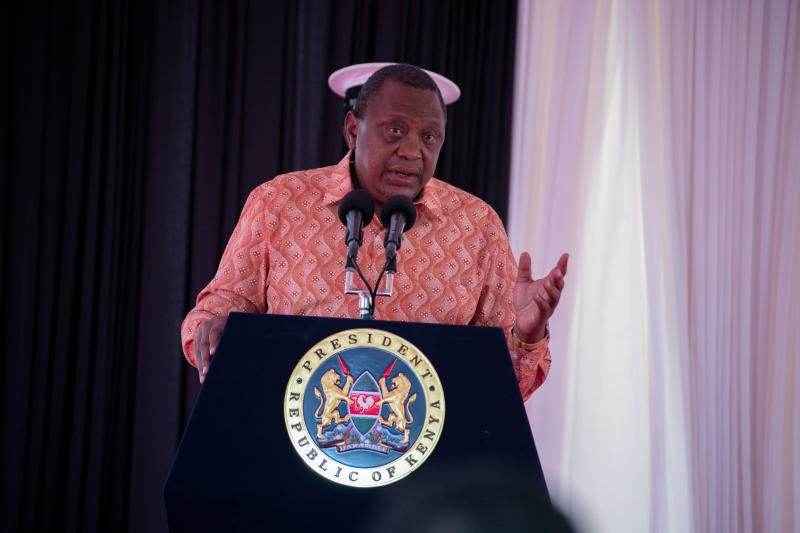×
The Standard e-Paper
Kenya’s Boldest Voice

President Uhuru Kenyatta at a past event.
The powerful office has come back to the limelight in recent days after a recent outburst by MPs in former prime minister Raila Odinga’s Orange Democratic Movement (ODM) party.